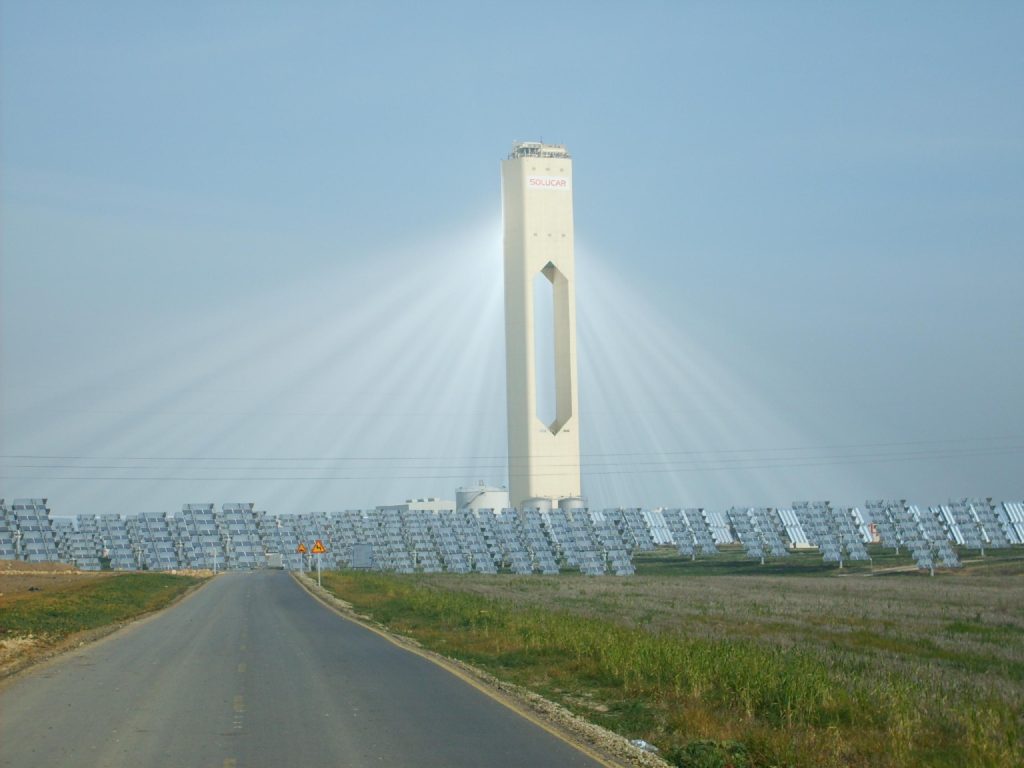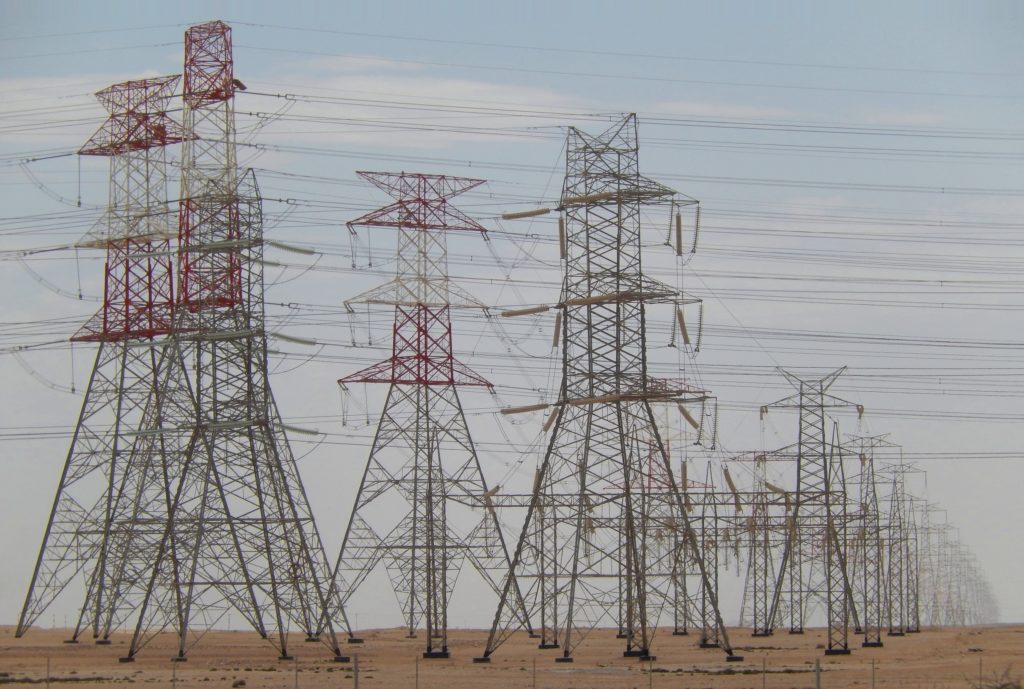HVAC systems play a pivotal role in maintaining comfort in homes throughout the year. However, after doing an AC installation, these systems require regular maintenance to operate efficiently. An unmaintained HVAC unit can significantly affect your home’s energy consumption, leading to higher utility bills and a reduced lifespan of the system. Understanding the impact of neglected HVAC maintenance and knowing how to address it can help homeowners save money and energy while ensuring a comfortable living environment.
Impact of Unmaintained HVAC Systems on Energy Efficiency
Increased Energy Consumption: An HVAC system that hasn’t been maintained will have to work harder to heat or cool your home. This inefficiency arises because of dirty filters, clogged ducts, or aging components which strain the system, requiring more energy to achieve the desired temperature, thereby increasing energy consumption. If your system has any of these symptoms, you can get ac repair bellevue wa to enhance your system’s energy efficiency.
Poor Temperature Regulation: When HVAC systems are not regularly checked, issues such as leaking ducts, low fluid levels, or faulty thermostats can arise. These problems lead to poor temperature regulation and uneven heating or cooling, causing the system to run longer cycles to maintain comfort, further increasing energy use.
Short Cycling: Short cycling is when the HVAC unit turns on and off more frequently than normal. This often happens when the air conditioner is oversized for the space or when crucial components like the thermostat or compressor are malfunctioning due to lack of maintenance. Short cycling puts immense pressure on the system, leading to higher energy consumption and potential system failure.
Reduced Lifespan of the Unit: Without regular Honolulu ac tune up, the wear and tear on HVAC components accelerate. This not only leads to inefficiencies but can also shorten the lifespan of the system, requiring earlier than expected replacements. When this happens, it’s important to consult professionals to do an AC replacement.
What You Can Do About It
Regular Maintenance Checks: The most effective way to ensure your HVAC system is running efficiently is to schedule regular professional maintenance checks done by experts that do AC maintenance in Fontana, CA. Ideally, these checks should be done twice a year; once in the spring before the summer heat kicks in and once in the fall before the winter cold starts. These maintenance checks include cleaning or replacing air filters, checking and refilling coolant levels, inspecting and cleaning ducts, and ensuring all mechanical parts are in good working condition.
Change Air Filters Regularly: Air filters should be checked monthly and changed at least every three months. Dirty air filters restrict airflow, causing the system to expend more energy to circulate air. Keeping air filters clean helps maintain efficient system performance and air quality in your home.
Seal and Insulate Ductwork: Leaky ducts can significantly increase energy bills by forcing your HVAC system to work harder. Sealing ductwork and ensuring it is well insulated can improve system efficiency by up to 20%, according to the U.S. Department of Energy.
Upgrade to a Smart Thermostat: Installing a smart thermostat can optimize HVAC operation by adjusting the temperature based on your daily schedule and preferences. Smart thermostats can detect when no one is home and adjust the temperature accordingly, saving energy in the process.
Consider System Upgrades: If your HVAC system is old and requires frequent repairs, upgrading to a more energy-efficient model can be cost-effective in the long run. Modern HVAC systems are designed to be more energy-efficient and can significantly reduce your home’s energy consumption.
By recognizing the importance of HVAC maintenance and taking proactive steps to ensure its efficiency, homeowners can not only save on energy costs but also enhance the comfort and air quality of their living spaces.
 Let’s say you live in Florida. Yes, I know, that requires us to assume you are pretty oblivious to the rising seas and corrosive stupidity assailing the state from every direction, but let’s just say you live in Florida. No offense.
Let’s say you live in Florida. Yes, I know, that requires us to assume you are pretty oblivious to the rising seas and corrosive stupidity assailing the state from every direction, but let’s just say you live in Florida. No offense. 


 Experienced con artists — the people who write clickbait ads, manage political campaigns and shake down old people for what’s left of their life’s savings — will tell you that people who get conned, want to be conned. Many, many people go through their lives straining to hear the magic words; “You deserve to be rich,” or “Someone has to win the lottery, why not you?” or “cure cancer with one simple trick.” And when they hear those words, they experience the irrational exuberance of long-denied, at-last-confirmed faith, and are likely to do anything they are asked to do by those who have fulfilled the prophecy.
Experienced con artists — the people who write clickbait ads, manage political campaigns and shake down old people for what’s left of their life’s savings — will tell you that people who get conned, want to be conned. Many, many people go through their lives straining to hear the magic words; “You deserve to be rich,” or “Someone has to win the lottery, why not you?” or “cure cancer with one simple trick.” And when they hear those words, they experience the irrational exuberance of long-denied, at-last-confirmed faith, and are likely to do anything they are asked to do by those who have fulfilled the prophecy.  The two articles appeared within 48 hours of each other. One was produced by Bloomberg News, one of the most respected names in traditional journalism. The other appeared in Oilprice.com, a veteran and well respected source of objective news about the oil industry. No one has ever credibly accused either of these organizations of producing “fake news.” Yet when each of them decided to publish an assessment of the state of the American shale oil industry in the first week of March, 2017, the two articles were diametrically opposed in all their conclusions.
The two articles appeared within 48 hours of each other. One was produced by Bloomberg News, one of the most respected names in traditional journalism. The other appeared in Oilprice.com, a veteran and well respected source of objective news about the oil industry. No one has ever credibly accused either of these organizations of producing “fake news.” Yet when each of them decided to publish an assessment of the state of the American shale oil industry in the first week of March, 2017, the two articles were diametrically opposed in all their conclusions. 

